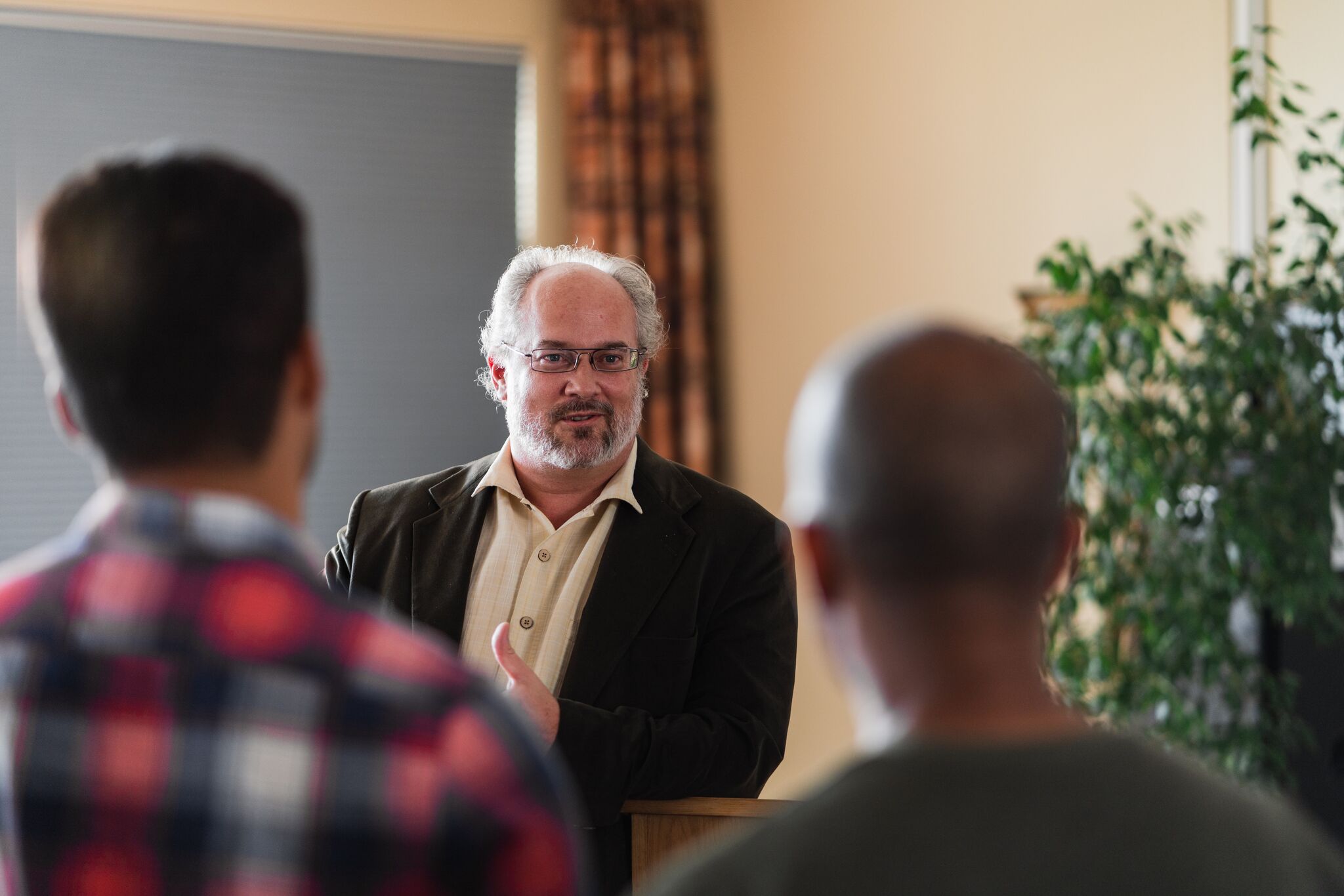Part I of III
By Angela Borda

I was fortunate to recently sit down with Professor Bennett, an integral member of Pacifica’s faculty, for many years the Co-Chair of the M.A. in Counseling Psychology, and now the Chair of a new program Pacifica will be proud to offer in Fall 2020, the PsyD in Counseling Psychology.
For those who may not know, please tell us the basics of what a PsyD is and how it differs from a PhD in psychology?
PsyD stands for “doctor of psychology” and it is one of the three doctoral degrees commonly earned by licensed psychologists (PhD, EdD, and PsyD). as with the PhD degree, PsyD graduates are entitled to the “Doctor” form of address. The PsyD is based on the so-called “Vail Model” or scholar-practitioner model articulated at the 1973 Vail Conference on Professional Training in Psychology. It was designed to represent doctoral degrees which are focused on clinical practice rather than research, and to address the academic and training requirements of such a focus. In practice, psychologists with the PsyD, PhD, and EdD degrees show a lot of overlap in terms of what they do professionally.
Can a PsyD qualify a student to apply for licensure as a psychologist?
Yes, the PsyD degree is the equivalent to the PhD in satisfying the educational requirements for licensure as a psychologist in California and throughout the United States.
This may seem like an obvious question, but for those still learning, what is “Counseling Psychology”?
Counseling Psychology is a health service provider specialization within professional psychology focusing on assessing and addressing how individuals function both personally and in interpersonal and social contexts, across the life span. Compared to programs focusing on Clinical Psychology, Counseling Psychology programs tend to focus more on client-centered and Humanistic considerations in normal populations rather than on psychopathology. However, there is a lot of overlap between what graduates of counseling vs. clinical programs do professionally, and a graduate’s career may end up encompassing both perspectives over time.
The PsyD Program is organized around principles of depth psychology, including an emphasis on unconscious motivations of behavior, psychodynamic principles of personality development in the context of social and relational contexts, the centrality of attachment, affect tolerance, and relational capacities, the impact of contextual factors surrounding the intersection of culture, race, gender identity, and other individual differences, and the clinical importance of intersubjective and relational qualities in assessment and treatment. The program includes separate and distinct course sequences focusing on psychoanalytic and analytic (Jungian) theory.
Matthew Bennett is a licensed clinical psychologist, lecturer, and administrator with experience in public sector mental health and substance abuse treatment. He has broad experience in program development. He was formerly founder and first Director of Training for the Ventura County Behavioral Health Pre-Doctoral Internship in Clinical Psychology and Chair-Elect of the Psychology Department at Ventura County Medical Center in Ventura, California. His research interests include personality disorders, comparative personality theory, and internet applications for mental health. Dr. Bennett is also a returned Peace Corps volunteer (“Poland III, 1991-1993”).



